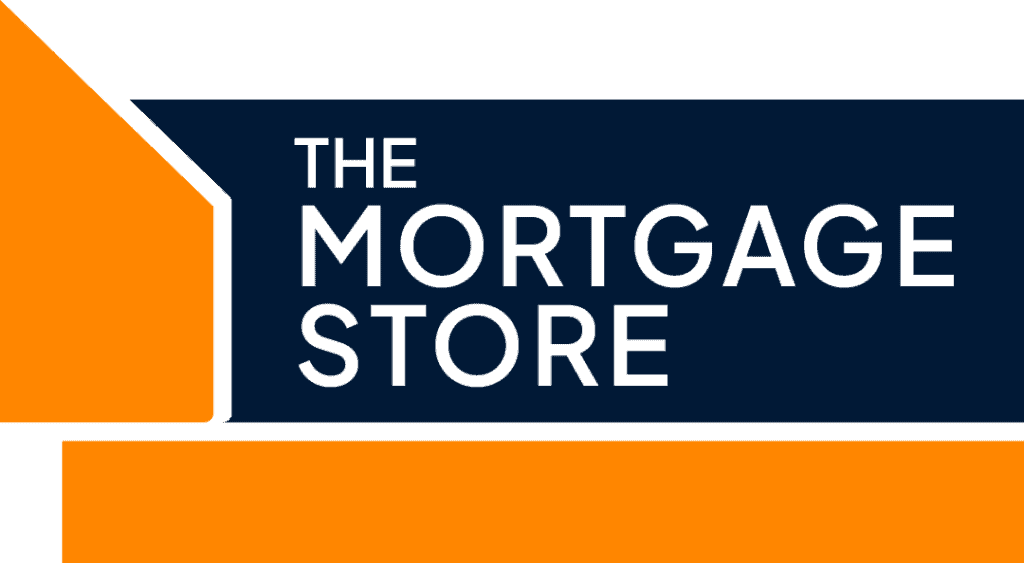
What is a fixed rate mortgage?
Find out why a fixed rate mortgage works and how it could help you manage your money.
A fixed rate mortgage is a type of mortgage where the interest rate on your mortgage stays the same, for the duration of your deal.
They can be a useful way to manage your money, as you’ll have a good idea about what you’re going to pay each month.
How does a fixed rate mortgage work?
This type of mortgage allows you to keep the same interest rate for several years. It means you’ll know exactly how much you’re putting towards your mortgage each month.
This is unlike other types of mortgage, such as variable rate or discounted, where interest rates can change month to month.
A fixed rate means there are no nasty surprises in your mortgage statement and gives you more control over your monthly spending than other types of mortgage.
Length of fixed rate mortgages
You can usually fix the rate on your mortgage for between two and five years at a time. Although you may be able to get a fixed rate mortgage for between seven and ten years, too.
Another consideration of a fixed rate mortgage is that your interest rate won’t be affected if the Bank of England interest rate changes.
If the interest rate rises, you won’t have corresponding increases in your repayments for the duration of your term. However, if interest rates drop, it’s likely you won’t be able to find a better deal without paying an early repayment charge.
What happens when the rate ends?
If your fixed rate ends and you haven’t signed a new mortgage agreement, by default you’ll move to paying a standard variable rate (SVR).
The SVR might change from month to month – either up or down. SVR mortgages are not usually the cheapest way to repay, so it’s worth looking into getting a new mortgage deal when this happens.
Fixed rate mortgages: pros and cons
Advantages of fixed rate mortgages
- You’ll have a good idea of your monthly repayments every month, which can be handy for managing your money.
- You can choose a short or long fixed term deal while thinking about your next move.
- If interest rates go up, you can relax – yours will stay the same.
Disadvantages of fixed rate mortgages
- If interest rates go down, you might be missing out on a cheaper deal elsewhere.
- You usually can’t exit the fixed term without paying an early repayment charge – this can be costly if you still owe a lot on your mortgage.
- If the deal ends and you haven’t shopped around for a new one yet, the SVR might be an unpleasant surprise for your bank balance
CONTACT US NOW if you need this type of mortgage
Why The Mortgage Store?

Potentially source a better rate

Find out your upgrade options







